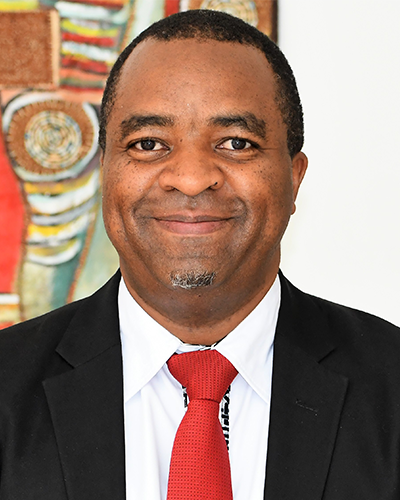|
OverviewWhile governments have successfully implemented management improvements over the past decade, many still struggle with the issue of successful policy making and implementation. |
|
IntroductionCommon problems include: - rushing to solutions without thorough analysis,
- elegantly written policy documents without adequate implementation arrangements,
- lack of integration of policy-making into annual and medium-term budgeting leading to inadequate funding for new policies,
- lack of imagination in the choice of policy instruments and methods of implementation,
- formal evaluation processes than have no impact on policy on the ground
|
This 5-day course is designed to enable middle and senior-level officers in public, private and social sectors to participate effectively in the development of policies and implementation schemes that deliver results.
|
|
|
Programme ObjectivesThis programme aims to impart knowledge and enhance participants' understanding of how public policy is made including, how to design policy instruments, effective implementation schemes, monitoring and evaluation schemes and effective communication strategies for policy decisions. |
|
Target ParticipantsMiddle and senior level officers in the public, and social sector who are involved in the design or execution of public policy. The course is also relevant for private sector leaders who engage with the government as part of their job. |
|
Key BenefitsBy the end of the programme, you should be able to: - Understand and be able to follow the stages in the policymaking, implementation and monitoring and evaluation processes.
- Advise on the most appropriate policy instruments to use for a policy objective
- Actively engage in the implementation process
- Selectively apply modern business strategy methods to public policy issues
- Contribute to the design and execution of monitoring and evaluation schemes
|
|
Key Focus Areas
INTRODUCTION TO PUBLIC POLICY ANALYSIS | |
POLITICS OF POLICY-MAKING | |
STAKEHOLDER ANALYSIS | |
POLICY IMPLEMENTATION | |
RISKS IN THE POLICY MAKING PROCESS |
MONITORING AND EVALUATION | |
ADVOCACY AND LOBBYING | |
NEGOTIATION SKILLS | |
FIGHTING CORRUPTION |
|
|
Programme DeliveryThe programme heavily employs the case methodology as a learning technique, that gives participants a chance to analyze real public policy negotiation scenarios as they immerse themselves in various contemporary negotiation challenges, group discussions and lectures delivered by public policy experts (both academic and practitioners). The mode of delivery will be in-person at the SBS Campus in Nairobi, Kenya. |
|
Programme Structure and FormatThe programme will be delivered by experts in the public policy field, and each day will consist of: - A presentation of the framework and analysis of international experience
- A case study through which participants will reinforce and apply their learning
- A ‘reflections and applications’ session, in which the whole class works on how what they have learned should be applied to the Government of Kenya and its policy processes
|
|
World Class FacultyThe programme is delivered by a high-powered faculty team consisting of East African governance thought leaders. As a result, classroom discussions provide conceptual frameworks for effective decision making, along with practical tools for real-life implementation.  | Martin Mbaya - Lead Faculty Martin Mbaya serves as faculty at Strathmore Institute of Public Policy and Governance. He teaches, undertakes research, consults, and grows enterprises with a focus on Public Policy, Digital Learning, and Trade. Martin is a Founding Director of Utawala Applied Research Institute the legacy of a 2013-2014 Ford Foundation grant to support Devolution on Kenya. |
|
|
Developing Great African Leaders | We have a vision to change this continent - Dr. Caesar Mwangi |
|
|
Programme DatesDate | Mode |
|---|
23rd June - 27th June | In-Person at the SBS Campus |
|
|
Your InvestmentThe programme fee is Kshs. 100,000 (On-Campus). - This will cover all learning materials and a certificate upon successful completion of the programme.
|
|
How to ApplyYou can apply online by clicking here →. You may also download the brochure by clicking here →. |
|
Frequently Asked QuestionsWhat is the cancellation policy?
Cancellations made less than 2 weeks to the commencement of the training will be subjected to a penalty of 25% of the total programme fee. | What are the payment terms?
Strathmore Business School policy accepts both cheques and Mpesa payments (Use PayBill No: 893801). |
|
|
ContactsFor more information on the programme, contact Kevin on: Visit www.sbs.strathmore.edu |




